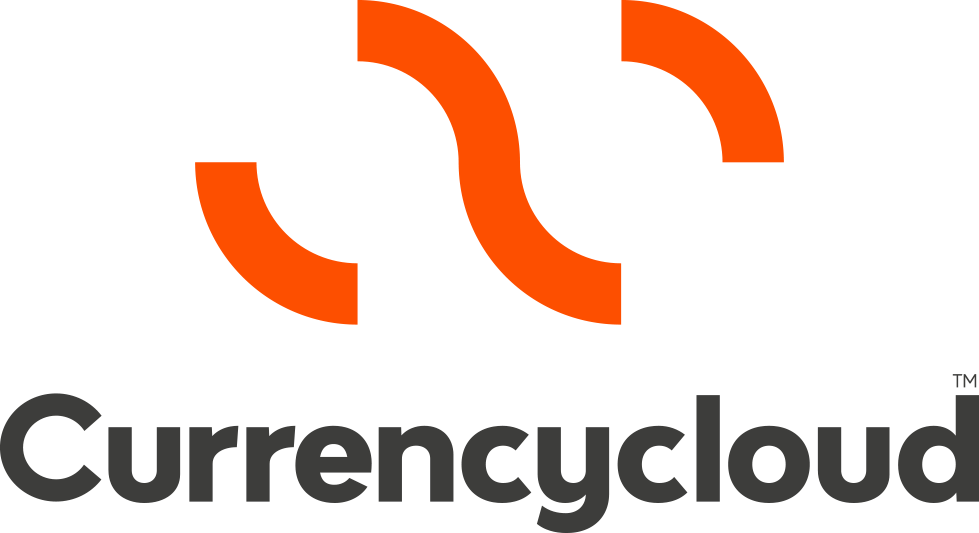In a Scam-Filled Online Landscape, Why Is No One Talking About Escrow?
Whenever we buy something from someone online, there is always some risk involved. Scam prevention methods and secure checkouts can make it safer for us, so we rarely have to think about the risk when shopping online. But even when buying on secure websites, the risk is still there and rears its head when things go wrong, like the seller sending a low-quality product or not sending anything at all. Escrow is a process that can completely eliminate this risk.
Escrow platforms are designed to ensure the buyer receives the product or service every time, by only releasing the money to the seller once the buyer receives, and is happy with, the item. So, with the ability to offer total safety and security in online sales, why is escrow not being talked about as the transaction platform that can help shoppers avoid scams entirely?
General advice to avoid online scams asks you to research the seller every time you want to buy something. This process wastes a lot of time for buyers, and still doesn’t provide protection from being scammed. Here we explain how escrow makes buying online simple and safe and explore why the industry neglects it as a leading method to avoid scams.
The blind trust of traditional online transactions
When buying something online, the methods buyers have to pay has come a long way since the beginning of online shopping, but the seller still receives the money before they send the item or perform the service. This means that as a buyer, you have to trust that the seller is real and will actually send the product or do the job.
Scammers and fraudsters rely on buyers trusting that they’re genuine when in fact they’re not, while they take advantage of a buyers’ trust and essentially steal money from innocent people. Scams happen because of these old transaction systems and until more people know of and talk about safer, more secure systems, like escrow, it’s difficult for it to become the preferred option to stop scams altogether.
Buyers, and even sellers, that seek advice on how to avoid scams are met with a long list of tasks and actions they have to perform every time they buy something. Let’s look at some main points from the general guidance to avoiding scams:
- Research the business, website or person before buying, which includes reading reviews and opinions from past customers knowing full well that past behaviour isn’t a guarantee of similar future behaviour.
- Be cautious of very low prices or discounts that seem too good to be true as scammers can use great deals to rush buyers into a fraudulent sale. So, we shouldn’t shop over Black Friday when deals are meant to be ‘Too good to be true’?
- Fraudulent websites can look professional and legitimate, with all the badges, links and information you might see on a genuine website.
- When an item you’ve been searching for shows up at the right time for a very limited time, take this as a sign of a potential scam. Scammers can access what you’ve been searching for online and use it to offer deals that might interest you. Most social medial sites allow for their clients to place targeted adverts.
- When buyers request you pay a deposit or full payment upfront and transfer it through your bank account or cash deposit this is a red flag as they’re directing you to a service that doesn’t have scam protection and is harder to track. Most businesses operate this way so how would you know which is a scam?
These points are important to remember, but if you were to do each one, for every transaction, it would take a lot of time and still may not be very effective. For example, how will you know when you’ve done enough research to confirm that the seller is real? Even if you followed this advice for every purchase, it still wouldn’t confirm that you’re not being scammed.
To allow you to purchase what you need for yourself or your business with confidence every time, platforms need to filter out scammers at the beginning to eliminate the risk – which brings us to escrow.
The transformative nature of purchasing through escrow
Remember that list of advice we mentioned? Escrow systems change that list to one bullet point, which is to use secure escrow services for the sale.
Escrow keeps people honest. It’s a financial commitment between people or businesses to do what they say and say what they do. How can that be ensured? Easily. It’s not just a handshake. Escrow means to hold in trust, and by holding the buyer’s money securely in trust, the escrow platform protects buyers’ money and makes the online sales process much safer. For example, if you’re buying clothes online through an independent Facebook seller, using an escrow app means they won’t receive your money until you’ve received the item and you’re happy with it.
The escrow system protects your money, and when coupled with a well-made platform that verifies sellers before they can use it, we arrive at a fool-proof way to avoid scams. Truzo requires all their users to be fully verified and vetted so we know sellers are real and their businesses are genuine, and buyers don’t have to do any research into who the seller is before they make a purchase. There are no other research requirements, knowledge to gain or red flags to look for when using a digital escrow platform.
Escrow’s ability to offer scam-free shopping can provide some incredible advantages, like enabling businesses to buy products and services easily so they can give their business the tools they need to succeed right away. It can save people a lot of time and stress when buying online, and also allows them to shop through independent sellers and find a larger range of items because they have the security in knowing their money is protected until they receive the item.
Why isn’t escrow talked about as a leading method to avoid scams?
Escrow platforms have existed for some time, but they’re usually reserved for large transactions, like house deposits. However, escrow can replace most sale systems on the internet efficiently and help many people avoid online scams. The transaction systems you see at the checkout of online shops are a business themselves, so they benefit from remaining the popular choice for online shops, which could explain the lack of drive to use escrow in online sales.
Whatever the case, not using escrow for buy and sale platforms to eliminate scams is a massive disservice to people and businesses worldwide.
For more information, see our FAQ’s or drop us a mail on info@truzo.com and we’ll call you back.
Truzo (Pty) Ltd (2016/390144/07) is an Authorised Financial Service Provider (FSP 51539).
















